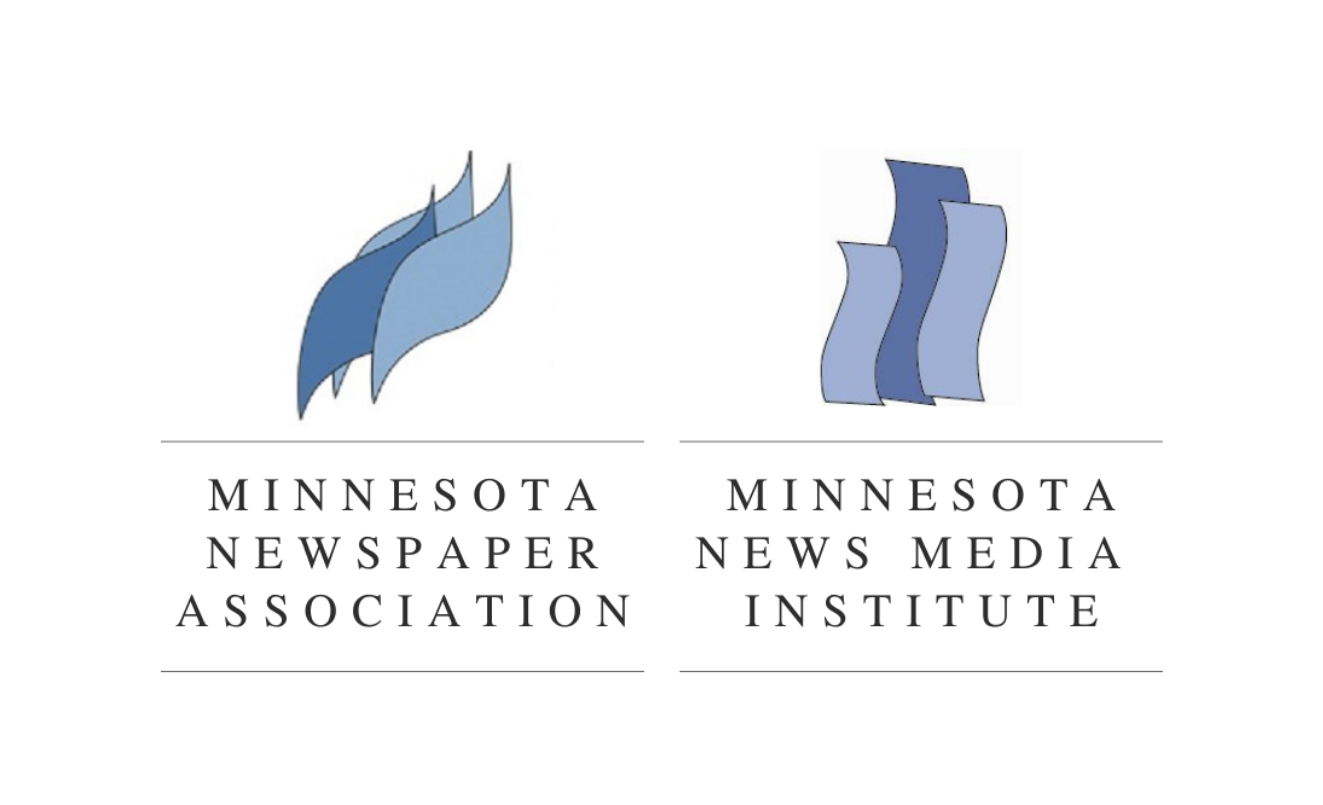By Jim Pumarlo
My days of sitting behind an editor’s desk have passed, but I’ll never lose my newspaper blood. I regularly enjoy my first cup of coffee while scanning newspaper websites. It’s a great way to keep current on what’s happening and being talked about in communities from International Falls to Worthington, Moorhead to Duluth – in rural and metro landscapes alike.
Some headlines on this particular day.
A seventh-grader is featured in the Chanhassen Villager as she channels her creative energy into making personal protective equipment for elementary schoolchildren.
The Mayo Clinic’s initiatives in distributing tests and processing results for COVID-19 across the state’s 11 Native American reservations are spotlighted in the Rochester Post-Bulletin.
A Borderland resident will be inducted into the U.S. Hockey Hall of Fame, the International Falls Journal reports.
The Hutchinson Leader draws editorial attention to candidate forums to promote the value of an informed electorate.
The St. Cloud Area Quarterly Business Report, a regular feature in the St. Cloud Times, provides great insight and perspective into the region’s economy.
The examples reflect a personal philosophy. Community newspapers, at their best, are stewards of their communities. The news columns are a blend of stories that people like to read and stories they should read. The advertising columns promote and grow local commerce. And the editorial pages are a marketplace of ideas.
The role of newspapers bears underscoring during National Newspaper Week, Oct. 4-10, and its theme, “America/Canada Needs Journalists.”
The need for trained journalists to gather, deliver and interpret the news is more important than ever as we navigate the abnormal circumstances of the coronavirus. I remain a firm believer that local newspapers have an advantage in today’s fractured media landscape by being the premier clearinghouse of information in your communities. They deliver the news on a range of platforms from print to digital.
The value of trained journalists in collecting and translating information is especially important in the broad arena of local public affairs.
Citizens are increasingly challenged to keep abreast of actions of a city council, school board, county board – or any of the numerous other local governing bodies. Then they have to decipher what the decisions, singularly and collectively, mean in their personal and business lives.
You have an advocate in your community newspapers.
Make no mistake. Editors and reporters are challenged as well in gaining access to everyday sources during the pandemic. At the same time, they have the tools that others may lack.
Journalists have relationships with government officials and staffs.
Journalists have been trained in the routine. They know how to flesh out information that is not readily volunteered or available. They know who to contact. They know where to look. They know the questions to ask.
Journalists have the resources. They have a vast network of peers to assist them in digging up the facts. The Minnesota Newspaper Association’s Legal Hotline offers guidance on legal issues including Minnesota’s Open Meeting Law and Government Data Practices Act.
Bottom line, journalists are undeterred in their role as your community’s collective set of eye and ears. They thrive on delivering the news; it’s their full-time job. Readers can rest assured that editors and reporters will continue to present a full menu of news during the ordinary and extraordinary times.
National Newspaper Week is a great reminder that energized newspapers are at the foundation of energized communities.
Jim Pumarlo is a former editor of the Red Wing Republican Eagle and former board member of the Minnesota News Media Institute. He can be reached at jim@pumarlo.com.
